In the following ranking, we examine the 15 best affordable sociology degree programs for bachelor’s degrees. Sociologists study all aspects of social life, including everything from large-scale institutions to small groups of people. The sociology discipline focuses on how social class, age, gender, ethnicity, and race impact social relations and privilege. Students pursuing an inexpensive sociology degree learn about globalization, social inequality, social conflict, deviance and crime, and socialization across the life cycle. If this sounds like a field in which you may be interested in starting a career, read on to learn more about some of the best affordable colleges for sociology degrees in the U.S.
Methodology
To provide our readers with the most comprehensive list of affordable colleges for a sociology degree, we awarded points and ranked schools based on three key features:
- tuition rates
- student/faculty ratios
- graduation rates
Before we could begin, however, we first needed to get our initial list of schools, which we accomplished by searching the College Navigator for sociology bachelor’s degree at the National Center for Education Statistics (NCES). We then narrowed down the initial pool of 30 colleges and universities into the top 15 based on the methodology outlined below.
Average Cost of Attendance
Although we understand the temptation to want to choose the cheapest sociology degree on the list below, it is just as important to think of tuition as one piece of the college puzzle. In other words, while our goal is to help students select the most affordable sociology degree possible, we also want to stress the importance of making sure the college or university offers a quality program as well as other features students are looking for such as:
- opportunities for internships
- experienced faculty
- related clubs and organizations
- academic support
We ranked tuition based on how much an in-state student would be expected to pay for one full year of study and used the tuition costs reported by the NCES. Out-of-state tuition rates are also provided for your reference.
Points:
Under $7,500: 5 points
$7,500 to $15,000: 3 points
$15,001 and above: 1 point
Student-to-Faculty Ratio
We used each school’s student/faculty ratio to get a better idea of the learning environment at every institution. For example, large state universities with high ratios may offer bigger classes that do not require much interaction with others. Small private colleges with low ratios may provide smaller classes that allow for the development of personal relationships between students and faculty. There is no one-size-fits-all type of school and this category also depends on each student’s preference and individual learning style. We awarded the most points to colleges and universities with ratios of 10 or fewer students per faculty member, according to NCES.
Points:
10:1 or less: 3 points
11:1 to 15:1: 2 points
Greater than 15:1: 1 point
Graduation Rate
In order to get a better sense of student success at each school, we awarded points based on graduation rates. Although exceptions exist, in most cases, colleges and universities with high graduation rates are excelling in their ability to retain students. They may offer affordable programs, opportunities for academic support, experienced faculty, or another feature that makes students want to stay enrolled and earn their degree. On the other hand, institutions with low graduation rates may be lacking in one or more areas, causing students to leave and finish their program at another school. Therefore, schools with the highest graduation rates from NCES earned the most points based on the ranges outlined below.
Points
More than 50 percent: 3 points
Between 30 percent and 50 percent: 2 points
Less than 30 percent: 1 point
Ranking Top 15 Best Affordable Colleges for a Sociology Degree
15. Nicholls State University
Thibodaux, Louisiana
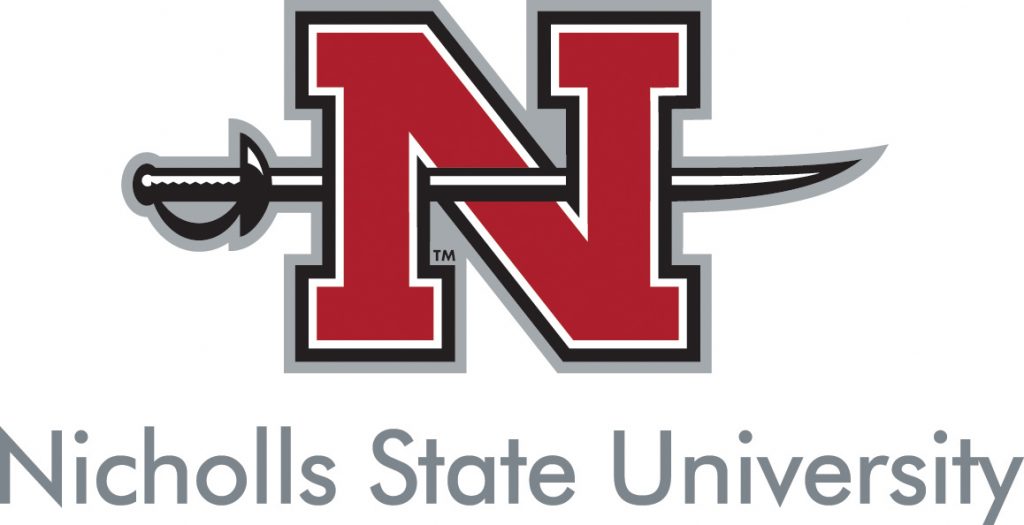
Points: 6
Program Website
Nicholls State University is a public institution. Founded as the Francis T. Nicholls Junior College in 1948, NSU is a member of the University of Louisiana System. NSU’s Department of Social Sciences offers an affordable sociology degree program which provides students with a solid foundation in:
- sociological methodology
- theory
- content
Graduates will be prepared for graduate school or immediate employment. The low-cost program yields powerful insights into the social processes that shape possibilities, problems, and lives in contemporary society. Students have the option of choosing one of two concentrations: social work or applied sociology. Outside of the classroom, students are engaged in the community, logging dozens of hours of service as part of the program. NSU promotes undergraduate research and placing students in social work occupations, as well as graduate schools.
Degree Options:
Bachelor of Arts in Sociology
In-State Tuition: $7,952
Out-of-State Tuition: $9,045
Student-to-Faculty Ratio: 19:1
Graduation Rate: 45 percent
14. West Texas A&M University
Canyon, Texas

Points: 6
Program Website
West Texas A&M University is a public university and an accredited university for a top-value sociology degree. Established in 1910 as West Texas State Normal College, the school is a member of the Texas A&M University System. Students may choose from either an affordable Bachelor of Arts or a Bachelor of Science in Sociology. Areas of study include:
- social research
- sociological theory
- racial and cultural minorities
- criminology
- statistics for the social sciences
- social problems
There is also a practicum experience in sociology. Although both pathways consist of 120 hours of study, the difference between the low-cost B.A. and the B.S. is that the former requires six hours of a foreign language. The latter requires six hours chosen from topics in:
- natural sciences
- physics
- mathematics
- geosciences
- geology
- chemistry
- biology
Graduates are prepared for careers in:
- business and advertising
- corrections
- community work
- social services
- teaching
- government services
- health services.
Degree Options:
Sociology (B.A.)
Sociology (B.S.)
In-State Tuition: $7,935
Out-of-State Tuition: $9,304
Student-to-Faculty Ratio: 20:1
Graduation Rate: 44 percent
13. Central Methodist University
Fayette, Missouri
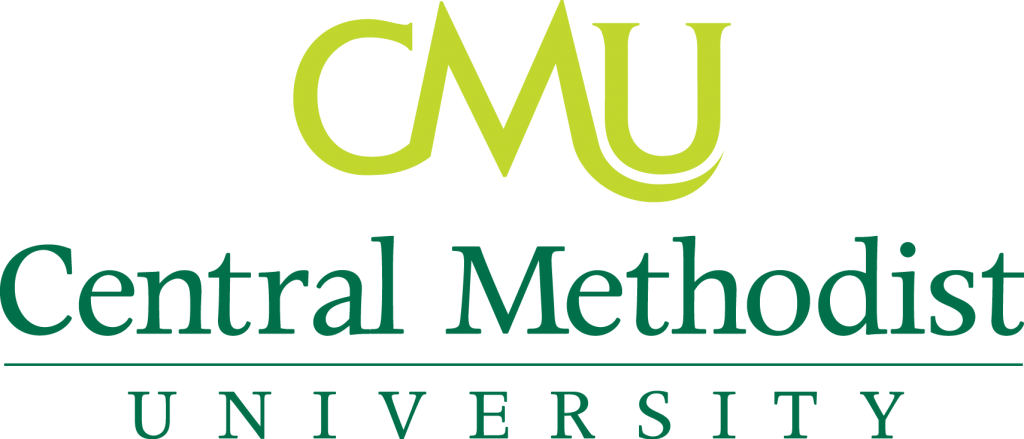
Points: 6
Program Website
Central Methodist University is a private institution of higher education that is affiliated with the United Methodist Church. Students seeking a low-cost sociology degree may choose to pursue either a Bachelor of Arts or Bachelor of Science in Sociology degree. The affordable degree program allows students to build a skill set and knowledge that strengthen their understanding of social issues. It also helps them develop the tools they need to make a positive impact on current conditions. The economical curriculum includes:
- surveys
- experiments
- research
- analytical thinking
- data pertaining to social phenomena
Courses include areas such as:
- criminology
- social deviance
- family relationships and values
- world cultures
- gender and sexuality
- research design and data analysis
Students also benefit from hands-on learning through internships and different types of off-campus experiences. Graduates are prepared to either attend graduate school or seek employment in such fields as:
- psychology
- education
- civic leadership
- government
- social work.
Degree Options:
Bachelor of Arts in Sociology
Bachelor of Science in Sociology
In-State Tuition: $5,760
Out-of-State Tuition: $5,760
Student-to-Faculty Ratio: 17:1
Graduation Rate: N/A
12. Southwest Minnesota State University
Marshall, Minnesota
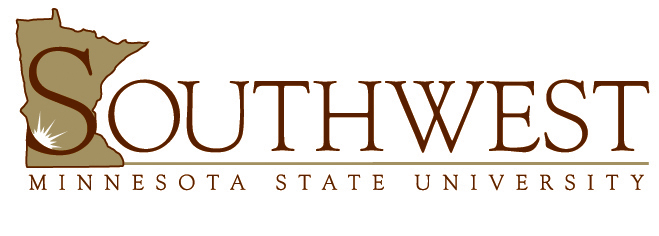
Points: 7
Program Website
Established in 1964, Southwest Minnesota State University is a public university. It is a member of the Minnesota State Colleges and Universities System. SMSU offers a top-value Bachelor of Arts in Sociology that focuses on how social forces influence individual behavior. It also includes study on how interacting organizations, groups, and individuals affect social change and society. The low-cost 120-credit curriculum is comprised of core courses in:
- applied social research
- sociological theory
- self and society
- sociology seminar
- senior capstone in sociology
Students also complete a course in either social problems or an introduction to sociology as well as a class in statistics. Students round out their degree with three electives and two additional upper-division courses. Outside of the classroom, students may join campus clubs related to the sociology major such as:
- the Lion’s Club
- Habitat for Humanity
- the Criminal Justice Club
- the Student Social Work Association.
Degree Options:
Bachelor of Arts: Sociology
In-State Tuition: $8,612
Out-of-State Tuition: $8,612
Student-to-Faculty Ratio: 14:1
Graduation Rate: 46 percent
11. Alcorn State University
Lorman, Mississippi

Points: 8
Program Website
Alcorn State University is a public HBCU and the first African-American land-grant college established in the U.S. The School of Arts and Sciences at ASU offers a 120-credit-hour affordable Bachelor of Arts in Sociology. It requires students to complete a specific set of courses in sequence. In addition to taking general education classes, students pursuing this top-value sociology degree are also exposed to topics such as:
- juvenile delinquency
- social psychology
- rural sociology
- research methods
- sociology of poverty
- sociological theory
- criminology
The top-value degree program explores areas such as:
- modern social problems
- child welfare
- aging and society
- public policy
Students round out their affordable degree through electives. They are required to participate in an internship. They are screened and placed in local, state, and federal agencies or in private and public organizations and agencies. Graduates are prepared for careers as:
- group home employees
- mental health workers
- substance abuse counselors
- probation officers
- juvenile delinquent counselors
- childcare workers
- researchers.
Degree Options:
Bachelor of Arts in Sociology
In-State Tuition: $7,084
Out-of-State Tuition: $7,084
Student-to-Faculty Ratio: 18:1
Graduation Rate: 40 percent
10. Mississippi Valley State University
Itta Bena, Mississippi

Points: 8
Program Website
Mississippi Valley State University is a public HBCU and a member-school of the Thurgood Marshall College Fund. The school offers an affordable Bachelor of Arts in Sociology. The program prepares students with the skills and knowledge they need to appreciate a diverse economic, political, and social environment. The inexpensive 124-hour curriculum is comprised of 42 hours of sociology-focused classes, including nine hours of electives and the sociology core. Areas of study include:
- social research methods
- nationality and race relations
- social statistics
- sociological theory
- ethnography
- qualitative research methods.
Students must also complete 41 hours in general education requirements. Students are also able to engage in critical social analysis and research to prepare for professional employment and graduate school.
Degree Options:
Bachelor of Arts in Sociology
In-State Tuition: $6,550
Out-of-State Tuition: $6,550
Student-to-Faculty Ratio: 15:1
Graduation Rate: 29 percent
9. Eastern New Mexico University
Portales, New Mexico
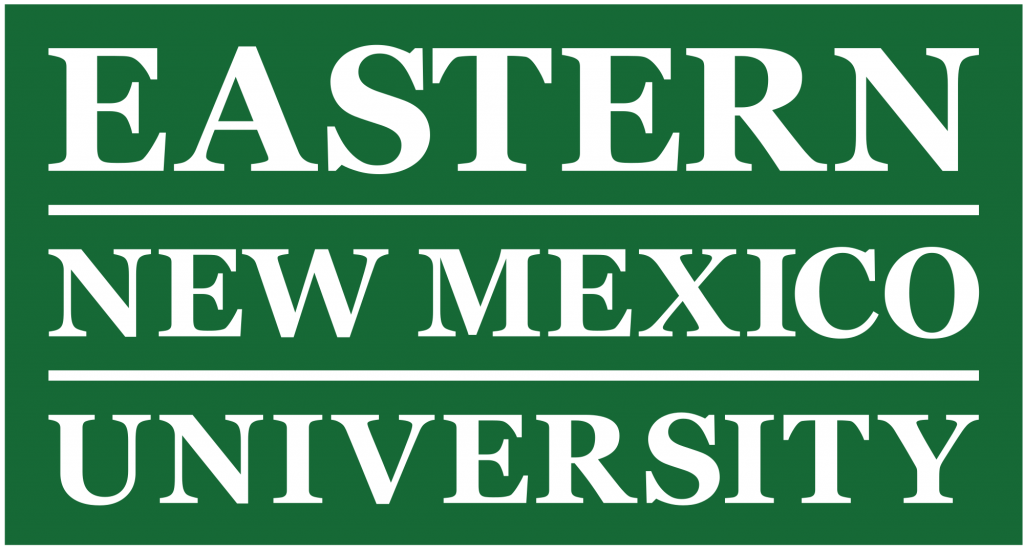
Points: 8
Program Website
Eastern New Mexico University is a public institution. Established in 1927, it is a designated Hispanic-Serving Institution and a solid choice for students seeking an affordable degree in sociology. ENMU’s College of Liberal Arts and Sciences offers both an affordable Bachelor of Arts and Bachelor of Science in Sociology. The programs are designed for students who wish to learn about how human social interactions shape all areas of life. Coursework includes:
- studies in social movements
- sociological theory
- social institutions such as the media, medicine, and law
- social stratification
The economical degree program is structured to be completed in four years. Students may choose to pursue their degree online, on-campus, or a combination of the two. Students are encouraged to hold leadership positions in on-campus student organizations or join national and regional social science or sociological organizations.
Graduates are prepared for careers in:
- the nonprofit sector
- human services
- education
- business
- federal, state, and local government.
Degree Options:
Bachelor or Science or Bachelor of Arts in Sociology
In-State Tuition: $6,326
Out-of-State Tuition: $8,247
Student-to-Faculty Ratio: 17:1
Graduation Rate: 35 percent
8. The University of Texas of the Permian Basin
Odessa, Texas
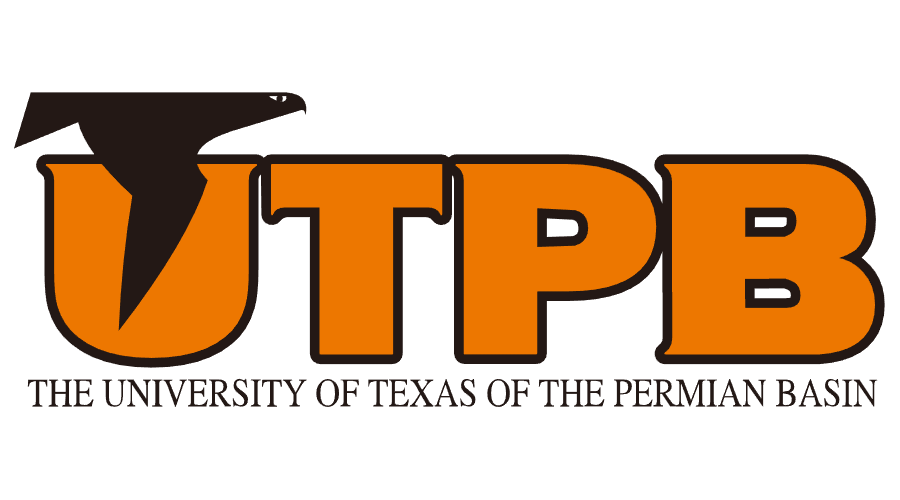
Points: 8
Program Website
Established in 1973 to offer junior, senior, and graduate-level programs, the University of Texas of the Permian Basin is a low-cost public institution. The school offers a 120-credit Bachelor of Arts in Sociology program to students seeking a cost-effective sociology degree. The best-value curriculum is comprised of general education requirements and major requirements, including core coursework in:
- sociological theory
- statistics, sociology
- social research methods
- a senior research seminar.
Students then have the option to select six courses for a total of 18 hours, choosing from such options as:
- social problems
- the sociology of organizations
- social deviance
- human sexuality
- globalization
- urban sociology
- death and dying
- the sociology of aging
Although not required, students may choose to complete an internship in applied psychology in a community organization.
Degree Options:
B.A. in Sociology
In-State Tuition: $6,260
Out-of-State Tuition: $7,100
Student-to-Faculty Ratio: 20:1
Graduation Rate: 41 percent
7. University of North Carolina at Pembroke
Pembroke, North Carolina
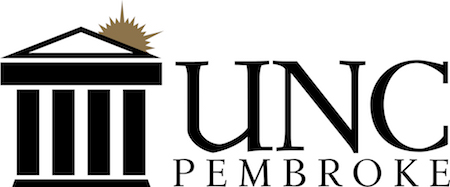
Points: 8
Program Website
Students looking for a low cost sociology degree may consider the University of North Carolina at Pembroke. It is one of the most affordable universities for a sociology degree in the country. Established in 1887, this public liberal arts university offers a Bachelor of Arts in Sociology at one of the lowest tuition rates on our list. The 120-semester-hour curriculum is comprised of 18 semester hours in the major, including coursework in:
- social research
- social statistics
- sociological theory
- sociological writing and rhetoric
- social problems in modern society
Students have opportunities to apply what they have learned through classroom-based projects, community-based internships and experiential learning. In addition to completing core coursework, students may also choose to select a concentration in an area such as:
- international sociology
- community development
- medical sociology
Students may also pursue an interdisciplinary minor in substance abuse or gender studies.
Degree Options:
Sociology, B.A.
In-State Tuition: $3,418
Out-of-State Tuition: $7,418
Student-to-Faculty Ratio: 16:1
Graduation Rate: 41 percent
6. Minot State University
Minot, North Dakota

Points: 9
Program Website
Minot State University is a public university and the third-largest institution of higher learning in the state. Established as a normal school in 1913, MSU offers a best-value Bachelor of Arts in Sociology. Students can expect general education coursework and core classes in:
- theory
- social research methods
- statistics
- social problems
- sociology
Topics of study include:
- comparative ethnic studies
- social movements
- deviance
- cultural studies
- the sociology of gender.
Outside of the classroom, internships give students practical experience. Students may find themselves serving clients at nonprofits, conducting market research for a large corporation, or helping to develop public policy at the state, county, or city level. Students may also choose to join the League of Social Sciences to explore the intellectual, social, and cultural aspects of sociology. Graduates are prepared for a variety of jobs, including:
- public relations
- administrative support
- marketing
- social services
Students may also choose to earn advanced degrees in political science, law, and research organizations.
Degree Options:
Bachelor of Arts With a Major in Sociology
In-State Tuition: $7,064
Out-of-State Tuition: $7,064
Student-to-Faculty Ratio: 12:1
Graduation Rate: 46 percent
5. Brigham Young University-Provo
Provo, Utah
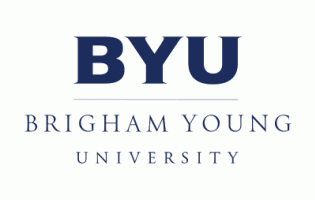
Points: 9
Program Website
Recognized as being among the most affordable universities for a sociology degree, Brigham Young University-Provo is a private research university. Established as Brigham Young Academy in 1875, BYU is owned by The Church of Jesus Christ of Latter-day Saints. Students pursuing the low cost Bachelor of Science in Sociology are required to complete 48 credit hours in the major. Introductory courses include:
- multicultural America
- current social problems
- introductory sociology
Core courses consist of topics in:
- statistics, social inquiry
- methods of research
- data analysis, presentation, and management.
Students may further focus their degree through the selection of a diversity course and an advanced methods course as well as 18 hours of upper-division sociology classes. They may choose to complete either a persuasive writing class or a senior capstone. BYU-Provo strongly encourages students to participate in one or two semesters of professional experience, including:
- research with a faculty member
- international, domestic, or on-campus academic internships.
Degree Options:
BS in Sociology
In-State Tuition: $5,620
Out-of-State Tuition: $5,620
Student-to-Faculty Ratio: 20:1
Graduation Rate: 86 percent
4. Simmons College of Kentucky
Louisville, Kentucky

Points: 9
Program Website
Established in 1879, Simmons College of Kentucky is a private HBCU. The school offers an economical sociology degree for students considering this field of study. The four-year Bachelor of Arts in Sociology is combines
- social science
- an ethical worldview
- the liberal arts.
With an increasing social gap between minority persons and the majority race, the curriculum allows students to think imaginatively and critically about social issues and society. Coursework focuses on a commitment to social justice based on an awareness of social inequality as well as an appreciation of intellectual and social diversity. Required areas of study include:
- applications of sociological theory
- inequalities
- social research
- principles of sociology
- transnational studies.
Degree Options:
Bachelor of Arts in Sociology
In-State Tuition: $5,310
Out-of-State Tuition: $5,310
Student-to-Faculty Ratio: 15:1
Graduation Rate: 50 percent
3. Brigham Young University-Idaho
Rexburg, Idaho

Points: 9
Program Website
Brigham Young University-Idaho is a private institution of higher learning. Established in 1888, BYU-Idaho is owned and operated by The Church of Jesus Christ of Latter-day Saints. It’s known for offering affordable undergraduate and graduate degrees in the liberal arts, including a best-value sociology degree. This inexpensive degree program focuses on understanding and exploring human behaviors, beliefs, and attitudes. Students use the scientific method to study patterns of:
- social interaction
- social inequality
- social relations
Students complete 39 credits in general education as well as 15 credits in core coursework, including classes in:
- sociological analysis
- research methods
- sociological theory
- sociological explorations
- introduction to sociology.
The curriculum is then organized into the following categories of courses:
- diversity and inequality
- institutional analysis
- supplemental courses
- general elective credits
Students must complete between 120 and 127 credits to earn their degree.
Degree Options:
B.S. in Sociology
In-State Tuition: $4,118
Out-of-State Tuition: $4,118
Student-to-Faculty Ratio: 25:1
Graduation Rate: 57 percent
2. Western Carolina University
Cullowhee, North Carolina
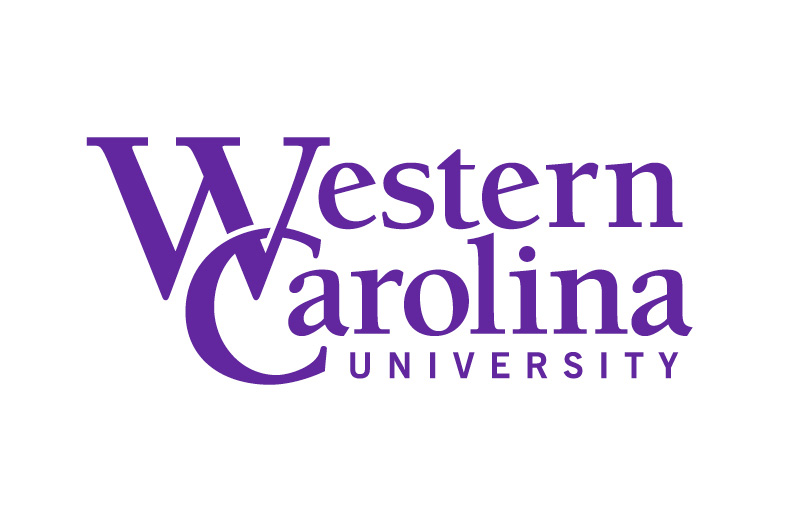
Points: 9
Program Website
Western Carolina University is a public university and a member of the University of North Carolina System. A solid choice for students seeking a low cost sociology degree, WCU actually offers a Bachelor of Arts and a Bachelor of Science. Students hone their ability to:
- identify issues
- conduct research
- analyze their findings
- present their data in an accessible way
Coursework covers topics such as:
- family violence
- rural societies
- social problems
- analyzing social data
- sociological theory
Students can also expect courses in other disciplines that apply to their major. Although similar in requirements, the B.A. program includes a foreign language requirement. Graduates are prepared for further study at the graduate level or for careers in which they use analytical and research skills such as positions :
- consulting firms
- nonprofit organizations
- state and local governments.
Degree Options:
B.A. in Sociology
B.S. in Sociology
In-State Tuition: $3,926
Out-of-State Tuition: $7,926
Student-to-Faculty Ratio: 17:1
Graduation Rate: 62 percent
1. Elizabeth City State University
Elizabeth City, North Carolina
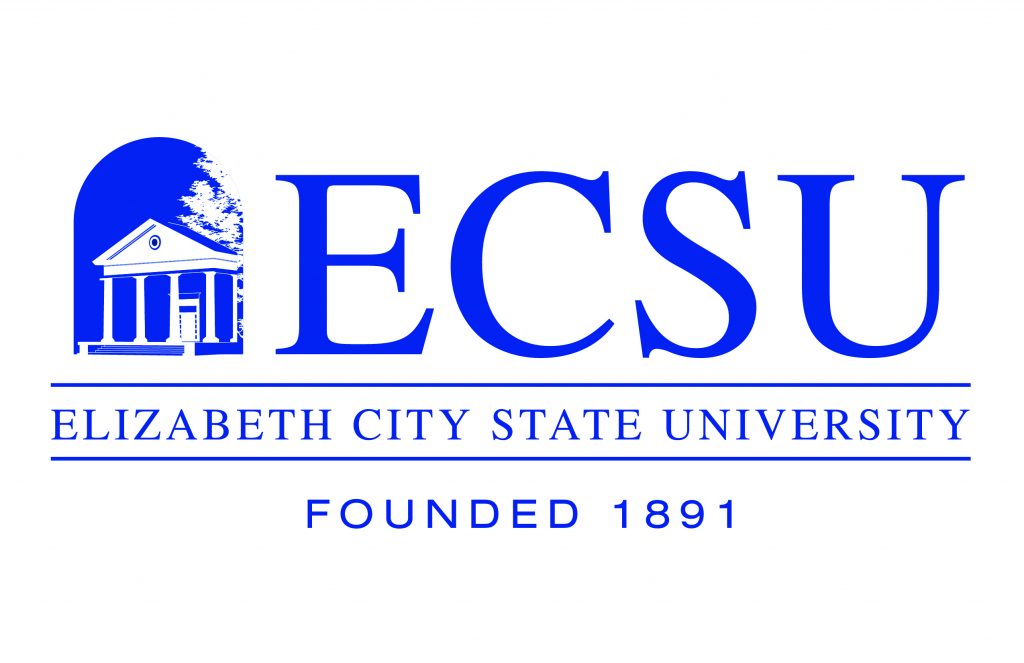
Points: 9
Program Website
Topping our list of the best affordable colleges for a best-value sociology degree, Elizabeth City State University is a public HBCU. This low-cost school is a member of the University of North Carolina System and the Thurgood Marshall College Fund. Students may pursue an affordable Bachelor of Arts in Sociology in which they complete the first two years of study at a community college. The junior and senior years are completed at ECSU and consist of coursework in:
- race and crime
- social theory
- race and ethnic relations
- social statistics
- gender
- deviance
- social psychology
- research methods
- social problems.
Other major requirements in the Inexpensive 120-hour degree program include:
- the sociology of globalization
- population,
- social stratification
- a seminar in sociology
Graduates are prepared for graduate study or employment in the areas of:
- counseling
- law
- education
- business,
- media.
Degree Options:
Bachelor of Arts: Sociology
In-State Tuition: $3,194
Out-of-State Tuition: $7,194
Student-to-Faculty Ratio: 14:1
Graduation Rate: 42 percent
Frequently Asked Questions
What are the Career Options for a Bachelor’s in Sociology Degree?
As the U.S. becomes more diverse, the skills students develop during a Bachelor’s in Sociology degree program become more valuable. The field is often used as a stepping stone to careers in human services, policy analysis, research, and other positions requiring a solid foundation in social science. Sociologists are responsible for:
- designing research projects
- collecting data
- analyzing their findings
- presenting their conclusions
They must have strong communication and critical thinking skills. The field’s emphasis on groups in conflict, contentious social problems, and diverse populations requires sociologists to develop understanding and empathy. Most graduates with a Bachelor’s in Sociology degree pursue careers as policy analysts or researchers. Others may seek employment in legal fields, human resources, social work, and postsecondary or secondary education. Some of the most common career options include:
- Social Worker
- Survey Researcher
- Market Research Analyst
- Sociologist
- Human Resources Specialist
- Training and Development Specialist
According to the U.S. Bureau of Labor Statistics, employment of sociologists is projected to show little or no change from 2016 through 2026. However, sociologists will continue to be needed to apply sociological research to other disciplines. For instance, sociologists may work with researchers in other areas of social science, including survey researchers, psychologists, and economists. They study how groups or social structures influence policy decisions about:
- economics
- business
- criminal justice
- politics
- education
- health.
Related Resource: What is the Salary Potential in Sociology?
What is the Salary Potential for a Sociology Degree?
Both career opportunities and salary potential increase with experience and advanced training. For instance, according to the BLS, a master’s degree is the minimum education required to become a sociologist. This occupation saw an annual mean wage of $82,050 per year as of May 2018. The top 10 percent earned more than $140,430, and the lowest 10 percent earned less than $46,170. The top-paying industries for sociologists included:
- State government, excluding hospitals and education: $92,040
- Development and research in the humanities and social sciences: $91,820
- Private, local, and state educational services: $65,210
However, we also wanted to look at earnings a student can expect with a bachelor’s degree in sociology. For instance, some social workers can enter the field with either a bachelor’s degree in social work or a related field such as sociology or psychology. According to the BLS, social workers earned an annual mean wage of $49,470 as of May 2018, with the highest 10 percent bringing in more than $81,400 and the lowest 10 percent earning less than $30,750.
The BLS also indicates that graduates with a Bachelor’s in Sociology may choose to pursue a career as a market research analyst and earn an average yearly salary of $63,120. As of May 2018, the top 10 percent of market research analysts reported salaries of more than $121,080, and the lowest 10 percent earned less than $34,310.
Related Resource: What is Sociology?
What Courses and Concentrations Do You Take in a Sociology Degree Program?
Program requirements for a sociology degree will vary by school. However, most curriculum requirements consist of core courses in:
- social change
- social inequality
- society and socialization
- research methods
- social theory
Depending on the institution, students may have an opportunity to select a concentration or develop their program of study through electives that align with their career goals and unique interests. Five areas of concentration that sociology majors may find include:
- Popular Culture and Mass Media
- Social Welfare and Health
- Social Control, Deviance, and Crime
- Social Identities and Social Inequalities
- Social Change and Globalization
Specific sociology courses will vary according to each school as well as the expertise of its faculty members. Since the field of sociology is vast and encompasses a broad spectrum of topics, a common curriculum is difficult to pinpoint. However, many Bachelor’s in Sociology degrees consist of foundational classes in research methodology and sociological theory. Students may also complete coursework in:
- social inequality
- violence and gender
- social welfare and social services
- gerontology
- race and race relations.
As you compare coursework and concentrations, keep your professional goals in mind. Our list of the 15 best affordable colleges for a sociology degree will give you options based on cost and quality.
AS Staff
This concludes our ranking of the top 15 best affordable sociology degree programs (bachelor’s).
Other Rankings of Interest:
25 Best Affordable Online Business Administration Degree Programs (Master’s)
40 Best Affordable One-Year Accelerated Master’s Degree Programs
50 Most Affordable Colleges with the Best Return
25 Best Affordable Online Mathematics/ Statistics Education Degree Programs (Master’s)
25 Most Affordable Master’s of Statistics Degrees
20 Best Affordable Online Colleges for Computer Networking Degree
10 Most Affordable Law Schools in the United States
15 Best Affordable Animation Degree Programs (Bachelor’s)
40 Best Affordable Pre-Med Degree Programs (Bachelor’s)
15 Best Affordable Film Studies Degree Programs (Bachelor’s)

 The Best Colleges
The Best Colleges The Lowest Costs
The Lowest Costs The Highest Returns
The Highest Returns